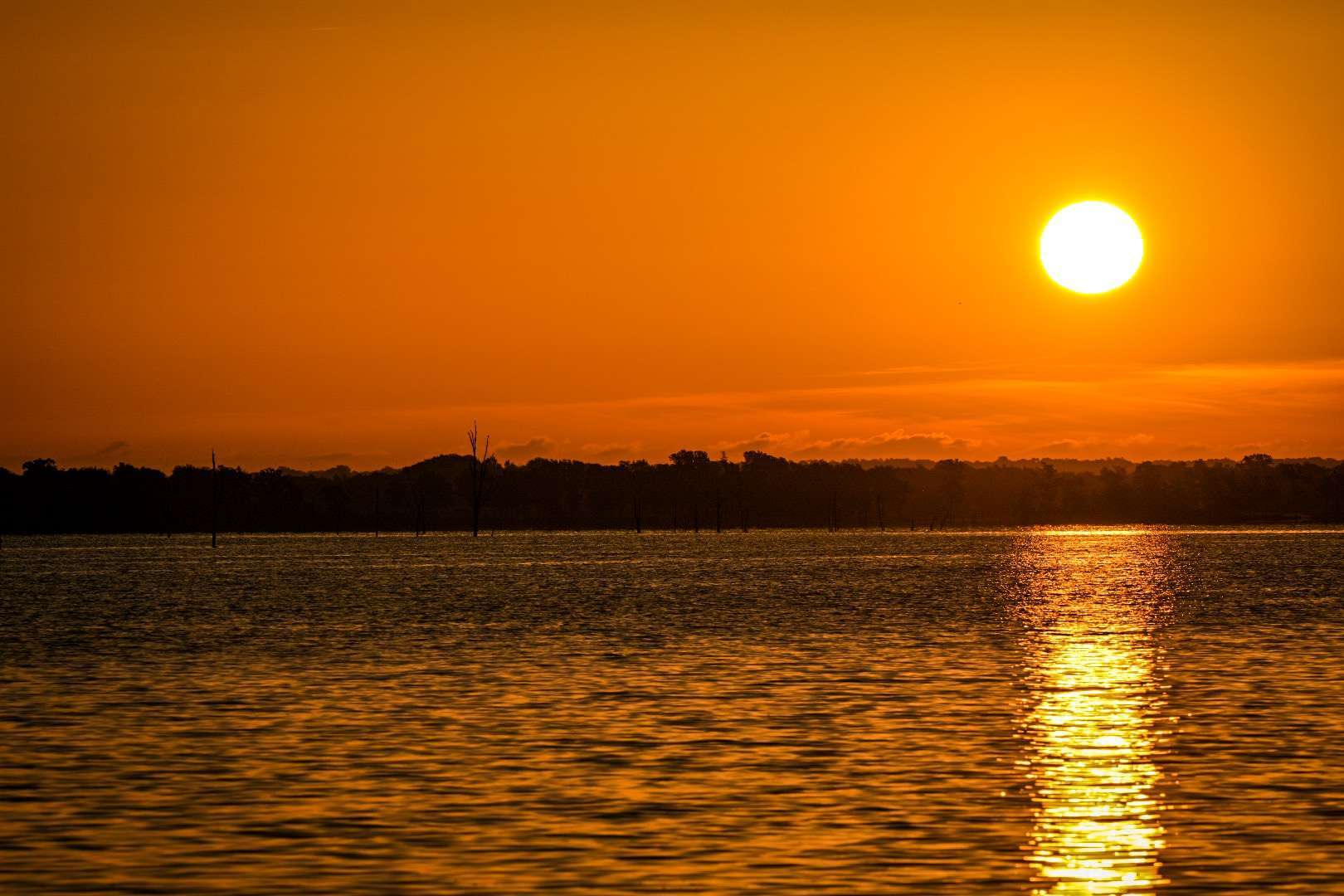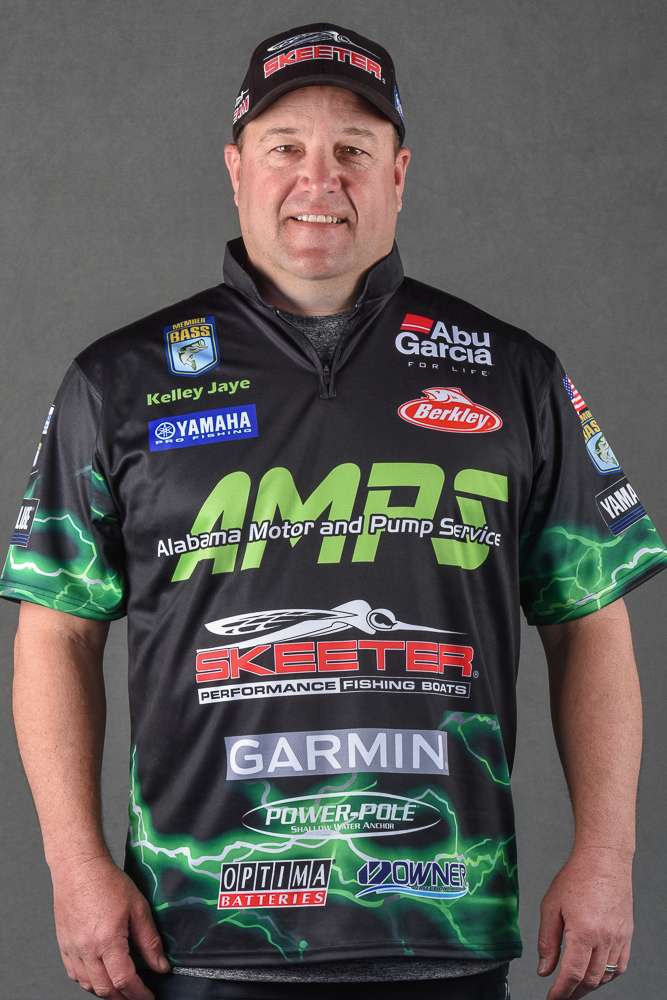
Since coming home from Texas Fest I’ve been going non-stop at Alabama Motor and Pump Service. It looks like other parts of the country have experienced some extreme weather, but at home it has been nothing short of scorching hot – close to 100 degrees every day with humidity that can only be described as stupid. If you want to lose some weight, all you have to do is cut the grass a couple of times a week and the pounds will literally melt off.
Last week I did a job in a dry pit 30 feet down with no air circulation. I’m not sure quite how much over a hundred degrees it was down there, but when we walked out into 95 degree temperatures it fell like air conditioning. I lost 10 pounds that day.
The heat shows no signs of breaking, but the good thing about it is that the fishing at Guntersville should be pretty hot, too.
We’ve had plenty of summertime tournaments before, but if things continue along these lines I expect the late June Elite event to be the hottest since I’ve joined the tour. Guntersville is hardly a new venue, and even the northernmost guys on tour have fished in the heat, but when it’s unrelenting like it is now, you have to take precautions to ensure success.
First and foremost, you have to stay hydrated. I’m not just talking about a bottle or two of water to wash down a pack of crackers. You need to drink all day. By the time you start to feel thirsty, you’re on the road to dehydration, so it’s critical to stay ahead of the curve.
Second, you need to take good care of your fish. B.A.S.S. has the best fish care policies and procedures of any tournament circuit I’ve seen, so I expect we’ll lose few if any fish. Nevertheless, we all owe it to the resource to contribute to that success. The water in our livewells will be over 80 degrees, so it’s imperative to keep recirculating it rather than replacing it with hotter lake water. I plan to ice my fish down, check my livewell filters to make sure that they’re clean and carry an extra aerator that I can swap out quickly if something goes awry. I weigh each of my fish when I land it and mark that weight down, so when it comes time to cull I don’t need to use a balance beam or otherwise waste a bunch of time with the fish out of the water. Once I know which fish needs to go, it’s back in the lake immediately.
We also need to take care of our boats. In hot, steamy weather, engines can be comparatively sluggish, so we may need to prop them out differently. When batteries get hot, they lose their charge quickly, so I pity the competitor who doesn’t get a good charge on them each night.
Even if the weather makes us work for them, the weights are still going to be strong. Whether they’re from Canada or Florida or somewhere in between, the first half of the season has proven that all of these new guys can find them and catch them. I expect it’ll take 14 or 15 pounds a day to make the top 35. That doesn’t mean it’s going to be easy. You’ll probably see some traditional Tennessee River summertime techniques, but there might be a wrinkle or two thrown in there. Those fish have experienced a lot of pressure and it’s possible to spook a school with a traditional deep diving crankbait, so anglers need to have a few tricks up their sleeves to survive four days.
I haven’t had time to play golf lately so the second half of the Elite Series season will have to be my “back nine” for 2019. It all starts at Guntersville, which is appropriate because the prize at the end of the line is a shot to fish for the sport’s most important championship next March at Guntersville. I’m a bit outside the Classic cut right now, but with four events left and Brandon Cobb’s Texas Fest win opening up another spot, I feel good about my chances.
Besides, 100 degrees may not be ideal, but I like it far better than sub-freezing temperatures. That’s what a lifetime of working and playing in the Alabama heat will do for you. Besides, it’s fishing – and it’s a lot better than being down in that 100 degree pit, longing for something in the 90s to cool me down.
This one is going to be fun.

